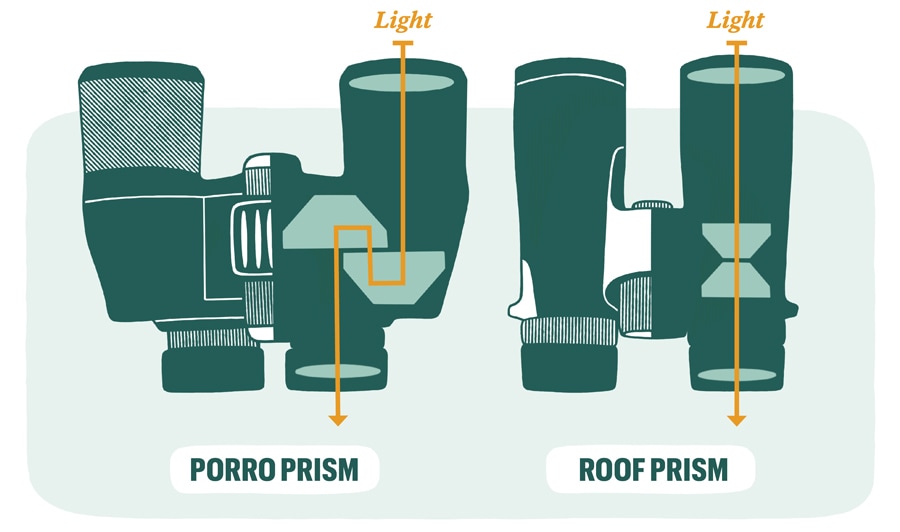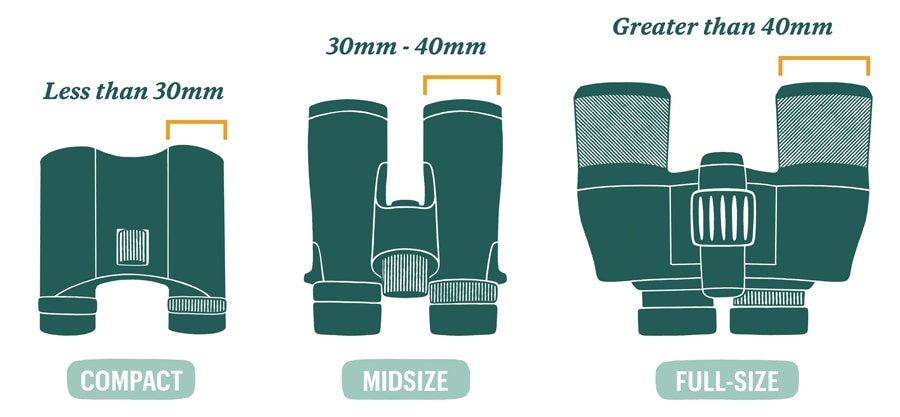How to Properly Care for and Maintain Your Binoculars
How to Properly Care for and Maintain Your Binoculars
Blog Article
The Relevance of Binoculars in Education And Learning and Scientific Research Study: How These Optical Instruments Add To Discovering and Expedition
The integration of field glasses into academic settings and clinical study is often overlooked, yet their payment to enhancing empirical skills is substantial. These instruments bridge the space in between academic principles and functional application, permitting students and researchers alike to engage with their environments in a concrete manner. In disciplines ranging from environmental science to astronomy, field glasses function as crucial devices that promote query and essential thinking. The broader implications of these optical devices on learning outcomes and scientific exploration warrant further exam, particularly as we consider their potential in shaping future clinical ventures.
Enhancing Observational Skills
In instructional and research study setups, making use of binoculars considerably boosts empirical abilities amongst pupils and professionals alike. These optical tools help with a deeper understanding of distant topics, allowing customers to observe information that would or else stay unseen. By using binoculars, learners can analyze wild animals, huge phenomena, and geological developments, fostering a much more extensive link to the subject issue.
Binoculars work as necessary tools in field researches, motivating trainees to engage proactively with their environment. With enhanced observation, they can collect data better, resulting in boosted analytical abilities. This hands-on experience permits the development of important thinking, as students need to translate what they see and connect it to theoretical understanding.

Bridging Theory and Method
Empirical abilities created through the use of field glasses normally bring about a more profound integration of theoretical understanding with functional application. By participating in straight observation, students can change abstract principles right into concrete experiences. This synergy promotes a much deeper understanding of scientific concepts as students connect academic frameworks with real-world phenomena.
For example, when examining avian biology, trainees can apply their understanding of bird composition and habits with the lens of binoculars, observing qualities such as plumage variant, feeding behaviors, and migratory patterns. This straight involvement not just strengthens academic ideas however likewise cultivates important reasoning and logical skills.
Additionally, making use of field glasses motivates learners to develop theories based upon their monitorings, consequently boosting their clinical query skills. They can actively test these hypotheses in the field, causing a much more experiential understanding setting that promotes interest and exploration.
Fundamentally, field glasses act as a crucial tool in bridging the gap between class understanding and fieldwork - Binoculars. They encourage students to come to be energetic individuals in their education and learning, encouraging an alternative strategy to understanding the environment and its complexities. Therefore, the integration of theory and technique is essential for fostering informed and involved students
Applications in Environmental Scientific Research
Making use of field glasses in environmental scientific research boosts the ability to observe and assess environments with greater accuracy. These optical instruments are important for carrying out area research studies, enabling researchers to monitor wild animals populations, analyze plant health, and evaluate environment problems without disrupting the native environment. Binoculars help with the recognition of varieties at various distances, enabling researchers to collect critical data on biodiversity and habits.
In eco-friendly study, binoculars are important devices for ornithologists researching bird behavior and migration patterns. They allow scientists to tape monitorings over extended periods, contributing to important longitudinal studies - Binoculars. Additionally, binoculars play a crucial duty in environment analyses, as they permit for the detailed observation of plant communities and their interactions within ecological communities
Ecological educators also benefit from binoculars, as these instruments improve experiential knowing chances. Trainees can involve straight with their environments, cultivating a much deeper admiration for ecological systems. By incorporating field glasses right into curricula, teachers can motivate the following generation of ecological scientists.
Function in Astronomy Education
The use of binoculars in astronomy education and learning provides an accessible gateway for students and fanatics to that site explore holy sensations (Binoculars). Unlike big telescopes, binoculars are portable, straightforward, and reasonably economical, making them an excellent introductory tool for observing the night sky. Students can easily involve with the universes, cultivating a hands-on learning experience that boosts their understanding of huge ideas
Binoculars enable individuals to observe a variety of holy things, consisting of the Moon, earths, and galaxy. This availability urges exploration and observation, essential parts of clinical questions. Trainees can develop crucial skills such as information collection, monitoring strategies, and even fundamental astrometry. Notably, field glasses function as a bridge to extra intricate astronomical instruments, supplying fundamental experiences that can spark much deeper interest in the field.
In instructional settings, assisted binocular sessions can advertise group collaboration and conversation, enhancing the finding out experience. The common experience of observing celestial objects can grow a feeling of area among learners. Generally, binoculars play a critical function in demystifying astronomy, making it approachable and appealing for people in all degrees of education and learning.

Inspiring Curiosity and Query
Field additional reading glasses not only assist in the monitoring of holy phenomena however additionally ignite a sense of interest and questions among trainees. By giving a better consider distant objects, field glasses urge learners to ask inquiries and check out the environment around them. This tool transforms passive knowing right into an active, interesting experience, promoting a much deeper understanding of scientific concepts.
When students use field glasses to observe wild animals, landscapes, or expensive things, they establish empirical skills that are critical for scientific inquiry. The act of concentrating on particular details triggers them to develop hypotheses, carry out investigations, and reason based upon their observations. This process not only enhances their crucial thinking abilities but also nurtures a lifelong interest for expedition.
Additionally, field glasses can connect the space between theoretical knowledge and real-world application. As pupils observe sensations firsthand, they can link classroom discovering to functional experiences, making education much more relevant and purposeful. Inevitably, using field glasses in academic setups works as a driver for inquisitiveness, empowering pupils to go after understanding with enthusiasm and cultivating a feeling of wonder about the globe around them. This way, binoculars play a vital duty in motivating future generations of scientists and thinkers.
Conclusion
In recap, binoculars function as vital devices in education and clinical research, dramatically improving empirical abilities while linking the void in between theoretical expertise and functional application. Their diverse applications in fields such as environmental scientific research and astronomy underscore their importance in promoting curiosity and questions go to this web-site among trainees. By facilitating in-depth examinations of far-off topics, binoculars not only motivate the future generation of scientists however additionally cultivate a profound admiration for exploration and the scientific technique.
Report this page